
Saying goodbye
In most circumstances, you can use Goodbye when you leave a person or a place, such as a shop or bank, etc. If it’s nighttime, you can use Good night. Goodbye, Helen! Thanks for coming. Thanks for all your help. Goodbye. Good night. See you in the morning. Goodbye is… Read More
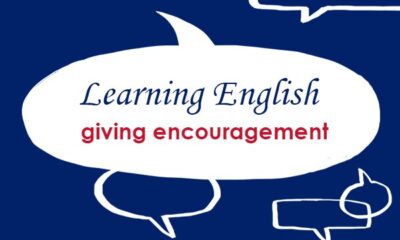
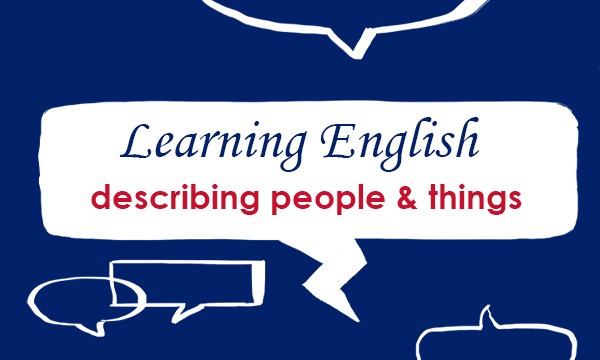
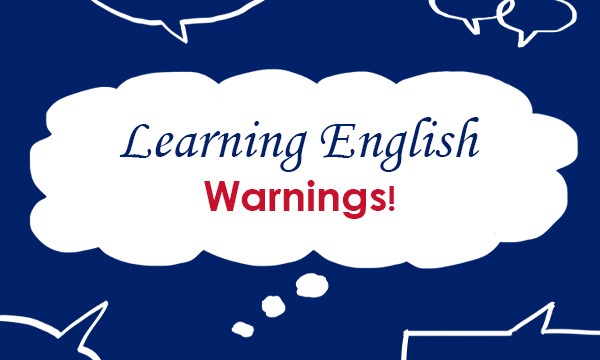
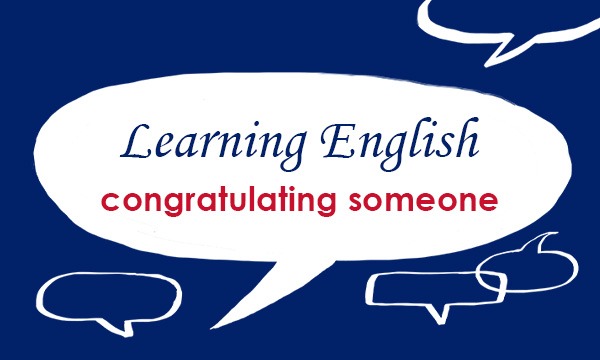
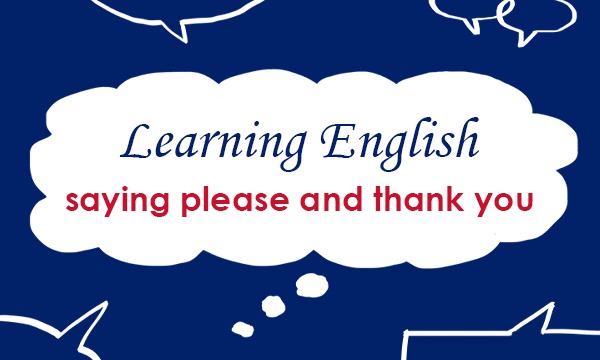
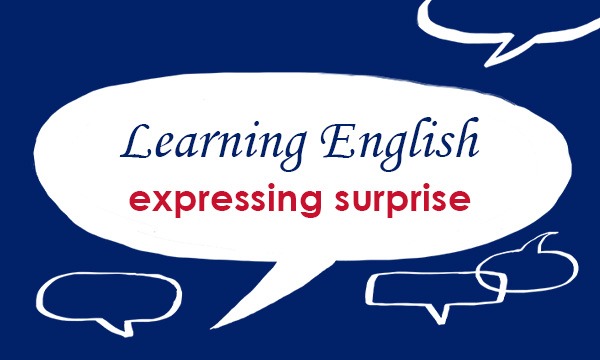
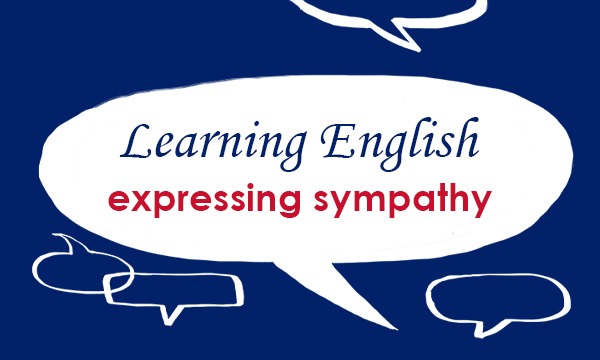
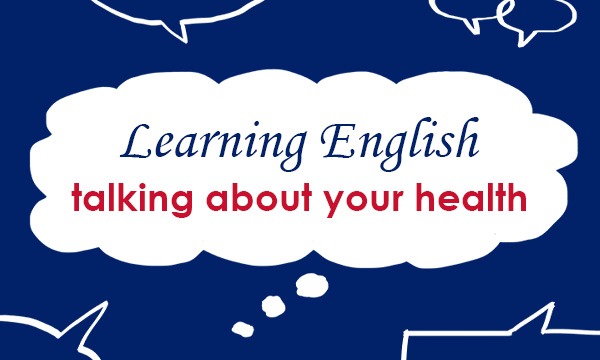
collins_dictionary_official
The home of living language. #wotd #wordlovers #collinsdictionary
Read our word of the week definitions and blog posts: